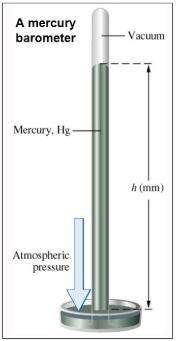
Chemistry, 25.01.2022 03:10 kaitlngley2367
Given the reaction for the production of ammonia:
N2(g) + 3H2(g) -->2NH3(g)
If ammonia is produced at a certain time, t, at a rate of 0.367 M/sec, what is the rate for the disappearance of H2?

Answers: 3


Another question on Chemistry

Chemistry, 22.06.2019 12:10
Consider the reaction: n2(g) + o2(g) ⇄ 2no(g) kc = 0.10 at 2000oc starting with initial concentrations of 0.040 mol/l of n2 and 0.040 mol/l of o2, calculate the equilibrium concentration of no in mol/l how would this be done?
Answers: 3

Chemistry, 22.06.2019 14:10
16. in a reaction that has reached equilibrium, a. the forward and reverse reactions are occurring at the same rate. b. the reactants and products are in equal concentrations. c. the forward reaction has gone further than the reverse reaction. d. there are equal numbers of atoms on both sides of the equation. e. a, b, and d are correct.
Answers: 2

Chemistry, 22.06.2019 18:00
How many moles of oxygen gas are produced from the decomposition of six moles of potassium
Answers: 1

Chemistry, 22.06.2019 20:30
We are hoping to create 5.72 grams of glucose. the plant was given 4.75 liters of co2 and 2.81 g of h20. which reactant was the limiting reagent? how much excess mass did we have of the other reactant?
Answers: 3
You know the right answer?
Given the reaction for the production of ammonia:
N2(g) + 3H2(g) -->2NH3(g)
If ammo...
If ammo...
Questions

Mathematics, 02.02.2021 08:30

Mathematics, 02.02.2021 08:30

Mathematics, 02.02.2021 08:30







Mathematics, 02.02.2021 08:30


Spanish, 02.02.2021 08:30




Biology, 02.02.2021 08:30

Mathematics, 02.02.2021 08:30

Mathematics, 02.02.2021 08:30

Mathematics, 02.02.2021 08:30

English, 02.02.2021 08:30




